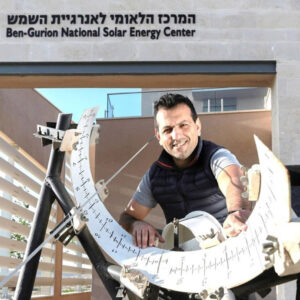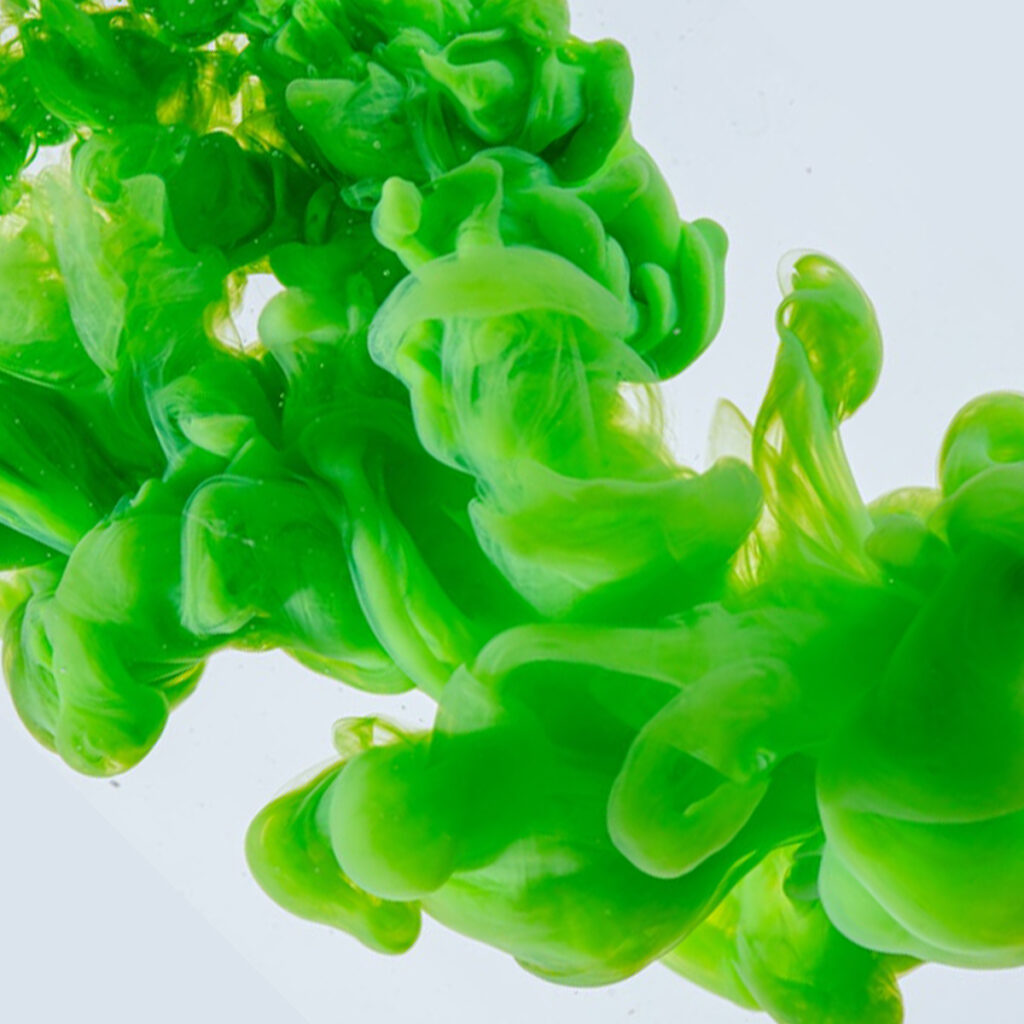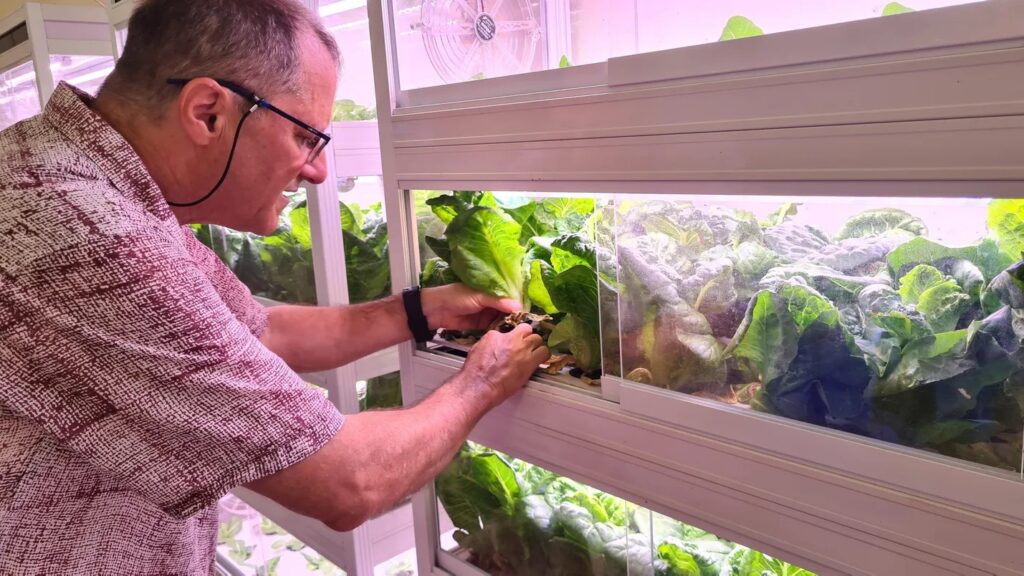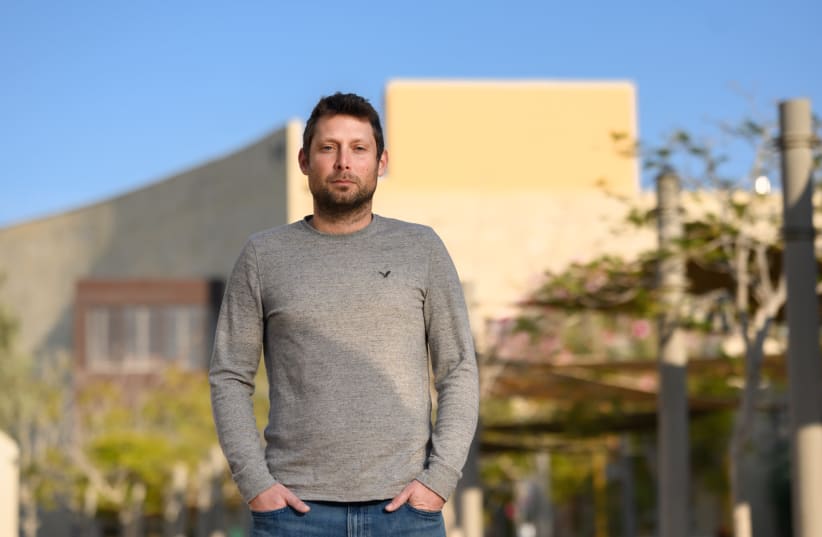
BGU’s Prof. Bashouti Is Pioneering Nanotech
BGU’s Prof. Bashouti Is Pioneering Nanotech
September 16, 2024
Nanotechnology, Sustainability & Climate Change
The Jerusalem Post – In the quiet corridors of Ben-Gurion University of the Negev’s (BGU) Sde Boker campus, where cutting-edge meets unconventional, remarkable alchemical experiments occur. Prof. Muhammad Y. Bashouti is at the forefront of an extraordinary blend of chemistry, physics, and engineering at The Ben-Gurion National Solar Energy Center at BGU. His lab is not just a place of research but a crucible of innovation, where traditional boundaries between disciplines dissolve to give rise to groundbreaking technologies.
Starting his career in Jerusalem, Prof. Bashouti noted to Jerusalem Post, “Eventually, I felt the need to come back – to go home. After a year of various interviews and discussions, I chose to join BGU in October 2016.” Since then, he has been at the helm of a lab that is as multidisciplinary as it is innovative, pioneering new technologies with far-reaching applications.
One of the most remarkable areas of research in Prof. Bashouti’s lab is nanotechnology, particularly in understanding and manipulating the surfaces of materials at nanoscale: a millionth of a millimeter. His research focuses specifically on the changes and processes at every material’s surface.
“We’ve developed a sensor that can detect molecules in the environment with unprecedented accuracy,” Prof. Bashouti noted. “Imagine a small, hand-held device that can instantly analyze the contents of food, water, or even air for pollutants or specific chemicals,” he envisioned. “Current technologies, like gas chromatography or mass spectrometry, are sophisticated and expensive. Our sensors, which are less than the size of a finger, can achieve similar results instantly and at a fraction of the cost.”
“When I began this research, I never thought it would lead to practical applications,” Prof. Bashouti admitted. “I was focused on the science itself, the fundamental principles. But now we have two start-ups, with a third on the way, and they are all a testament to the power of multidisciplinary research.”
“In my lab, we speak four scientific languages – chemistry, physics, engineering, and biology,” Prof. Bashouti explained. “This unique combination allows us to approach problems from different angles and develop solutions that are truly innovative.”
One of the most exciting applications of his research is energy conversion. His team has developed methods to optimize surfaces for energy applications, such as splitting water to produce hydrogen or reducing CO2 to create fuel.
Prof. Bashouti’s lab has a talented mix of researchers and students. One of his students, Adi Vital-Kaploun, was tragically killed in her home on Oct. 7. Prof. Bashouti later decided, in collaboration with her parents, to name his new lab in her honor; it is set to be initiated this October 7 as a tribute to her memory.
As Prof. Bashouti looks to the future, he remains driven by the same curiosity and passion that has guided his career from Jerusalem to the Max Planck Institute and to BGU. “There is still so much to discover,” he said with a smile, “and as long as there are new questions to answer, I will keep searching for those answers.”




